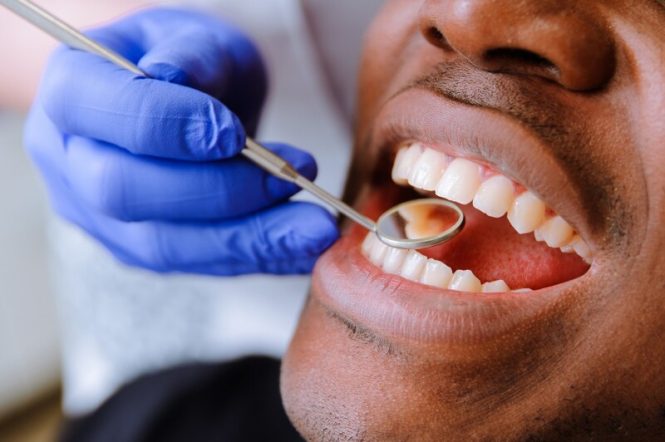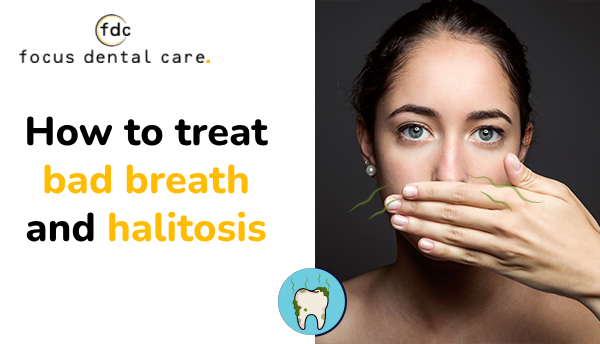

Persistent bad breath, despite diligent dental care, is a frustrating and often embarrassing problem. Many individuals diligently brush, floss, and visit their dentists regularly, yet the persistent odor remains. This article delves into the complexities of this common issue, exploring the often-overlooked factors contributing to the problem, and offering practical solutions for lasting freshness. We’ll examine potential medical conditions, dietary influences, and lifestyle choices that can contribute to this issue. The structure of this article will be as follows: We will start by understanding the root causes, and then consider specific remedies and solutions. By the end, you will have a comprehensive understanding of possible solutions and be ready to take action.
Understanding the Root Causes of Persistent Bad Breath
Persistent bad breath, or halitosis, is a common issue that can significantly impact a person’s self-esteem and social interactions. While good oral hygiene is essential, persistent bad breath often signifies an underlying problem. Identifying the root cause is essential for effective treatment. This frequently overlooked problem affects many people, often leading to self-consciousness. The first step to overcoming this problem is to understand its underlying causes. Numerous factors can contribute to the unpleasant odor, from simple dietary choices to more serious medical conditions. Let’s explore some of the most common causes, ranging from simple to more complex scenarios. Many individuals diligently practice good oral hygiene, yet bad breath persists. This article examines the potential causes of this tenacious problem.
Dietary Influences and Bad Breath
Dietary choices can significantly influence breath odor. Certain foods and drinks contain compounds that can contribute to halitosis. Garlic, onions, and spicy foods are notorious for their lingering effects. Excessive consumption of coffee, alcohol, and certain types of processed foods can also exacerbate the issue. Poor nutrition and a diet lacking essential nutrients can also play a role in bad breath, as a balanced diet supports overall health, contributing to fresher breath. Additionally, certain medical conditions, like diabetes or kidney disease, can disrupt body chemistry and cause bad breath as a side effect.
Medical Conditions as Culprits
Certain medical conditions, such as respiratory infections, sinus issues, or gum disease, can also lead to persistent bad breath. Dental issues, such as gum disease, are often associated with halitosis. Cavities and the bacterial build-up in the mouth, not always connected to gum disease, can also contribute to persistent breath odors. Individuals with respiratory infections can experience an unpleasant odor from the buildup of bacteria in the throat and mouth. The body’s chemical balance plays a crucial role, and medical conditions can drastically alter this balance, leading to foul breath as a symptom.
Lifestyle Choices and Their Influence
Lifestyle choices can also influence the occurrence of bad breath. Smoking and excessive alcohol consumption are known to dehydrate the mouth, leading to bacterial overgrowth. Dehydration itself can cause a dryness that encourages bacteria to flourish, increasing the potential for bad breath. Lack of regular oral hygiene, even with diligent brushing and flossing, can also contribute to this problem, as plaque buildup encourages bacteria to thrive. Furthermore, stress can impact saliva production, potentially causing an imbalance that affects breath freshness.
Effective Solutions to Combat Persistent Bad Breath
Improving Oral Hygiene Practices
Maintaining excellent oral hygiene remains crucial in preventing bad breath. Brushing and flossing regularly, along with using mouthwash, can effectively remove food particles and plaque that contribute to bacteria buildup. Professional dental cleanings should be part of a preventative strategy. Proper oral hygiene, complemented by other factors, significantly improves the likelihood of fresher breath.
Addressing Underlying Medical Conditions
If bad breath persists despite regular oral hygiene, it is crucial to consult a healthcare professional. They can identify any underlying medical conditions, such as respiratory infections or gum disease, that might be contributing to the issue. A proper diagnosis can guide treatment to address the underlying cause of bad breath.
Dietary Modifications to Enhance Fresh Breath
Dietary modifications can also play a role in improving bad breath. Reducing the consumption of foods that produce volatile sulfur compounds, such as garlic and onions, can make a significant difference. Increasing water intake can help maintain oral hydration and reduce bacterial buildup. Also, a balanced diet rich in fruits and vegetables can provide essential nutrients for overall health, indirectly influencing the breath.
Lifestyle Adjustments for Fresh Breath
Quitting smoking and limiting alcohol consumption can contribute to improved breath freshness. Stress management techniques can also help regulate saliva production, which plays a significant role in maintaining oral health and freshness. Getting enough sleep promotes overall well-being, impacting the body’s natural processes and thus impacting breath quality.
Additional Tips and Remedies
Breath Fresheners and Mouthwashes
Using breath fresheners and mouthwashes can provide temporary relief from bad breath. However, they do not address the underlying cause, and their effects are temporary. Maintaining good oral hygiene is crucial in preventing bad breath, and these products can supplement it. Look for mouthwashes containing antimicrobial agents to address the bacteria producing the odor. It’s important to note that these are temporary solutions and should not replace consistent good habits for long-term solutions. Frequent use should not be relied on for long-term freshness. Use them strategically to maintain oral health. Regular dental cleanings are still critical for long-term freshness.
Home Remedies for Temporary Relief
Some home remedies might offer temporary relief from bad breath. Chewing sugar-free gum, using mouthwash, or sucking on mints or hard candies can help temporarily mask the odor. However, these should be used as supplemental solutions and not as replacements for addressing the underlying causes of bad breath.
In conclusion, persistent bad breath despite diligent dental care can stem from various underlying issues beyond simple oral hygiene. Identifying the root cause is crucial for effective treatment. Consulting a dentist or an experienced healthcare professional is the first step towards finding a tailored solution. By addressing potential medical conditions, dietary factors, or other lifestyle choices, one can effectively combat bad breath and regain confidence. Schedule a consultation today for a personalized plan to eliminate this pervasive problem!